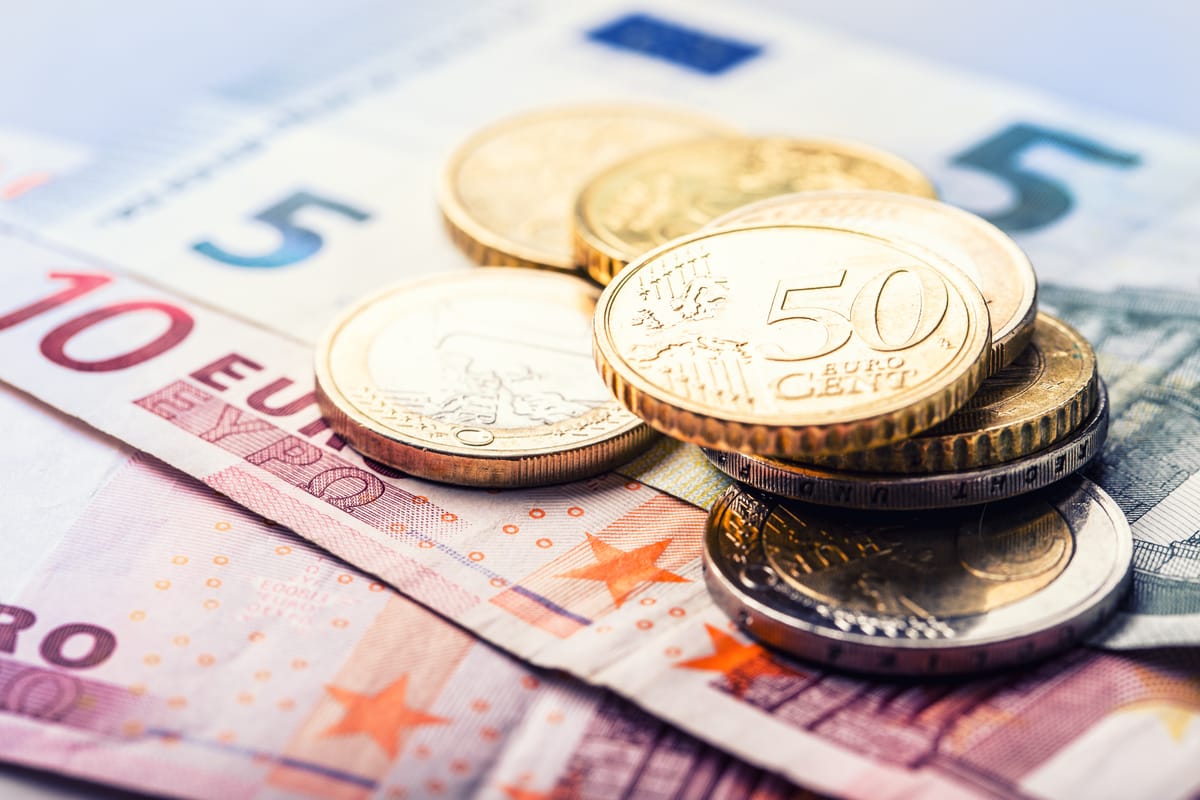GBP/EUR exchange rate week review: pound falls to lowest level in almost two and a half years versus euro
27/10/2025 to 31/10/2025: The pound endured a bruising week against the euro, sliding to its lowest level in almost two and a half years as mounting UK fiscal worries and speculation of further rate cuts weighed heavily. Meanwhile, encouraging data and hawkish ECB rhetoric helped underpin the euro.

Monday
The pound euro (GBP/EUR) exchange rate traded sideways through the 1.14 mid-range amid an absence of UK data and improving business sentiment in Germany.
Germany’s IFO business climate index exceeded forecasts, indicating an improving mood among manufacturers as a recent dip in new orders appeared to have stabilised.
Tuesday
The pound tumbled to around 1.137 against the euro – its lowest level in more than two years – as growing concerns over the upcoming autumn budget applied downward pressure.
Reports indicate that the Office for Budget Responsibility (OBR) is preparing to significantly reduce its productivity growth forecasts – a move that’s projected to result in a £20bn deficit in public finances. This development has raised concerns that Chancellor Rachel Reeves may need to implement tax increases that exceed those previously anticipated.
Renewed EU-Russia tensions in the wake of Russian airspace violations, cyberattacks and weapons tests undermined the euro.
Wednesday
The pound extended its losses against the euro, slumping to 29-month lows in the 1.13 mid-range, amid ongoing UK budget concerns that fuelled speculation the Bank of England (BoE) could cut interest rates again before the end of the year.
The safer euro softened as improved risk appetite and a lack of fresh Eurozone data applied downward pressure. Single currency sentiment was also sapped by Eurozone GDP forecasts, with Thursday’s print expected to show growth stagnated in the third quarter.
Thursday
The pound euro rate was directionless as persistent fiscal jitters ahead of the budget detracted investors from the UK currency. This was compounded by calls for Chancellor Rachel Reeves to resign after she broke rules regarding the renting out of her home.
The euro was muted, despite an upbeat GDP print and an expected rate hold by the European Central Bank (ECB). The single currency’s negative correlation with a strengthening dollar limited any gains.
Preliminary GDP figures for the third quarter showed growth in the Eurozone economy outpaced forecasts.
Friday
The pound was undermined by mounting concerns over the UK’s public finances and encouraging ECB rate rhetoric.
Upbeat remarks from ECB President Christine Lagarde following the central bank’s rate decision were echoed by several ECB Governing Council members, who highlighted a gradually improving outlook and stressed there’s no rush to reduce rates further.
Preliminary inflation data supported this hawkish stance. Headline inflation in the bloc stood at 2.1% in October, down from 2.2% in September, while core inflation remained steady at 2.4%, slightly above expectations.
The pound euro rate ended the week at around 1.134.
Looking ahead
Economists expect the BoE to keep interest rates at 4% at its November meeting on Thursday. A hawkish move would break a long streak of once-per-quarter 25-basis-point rate cuts – and lend the pound support.
